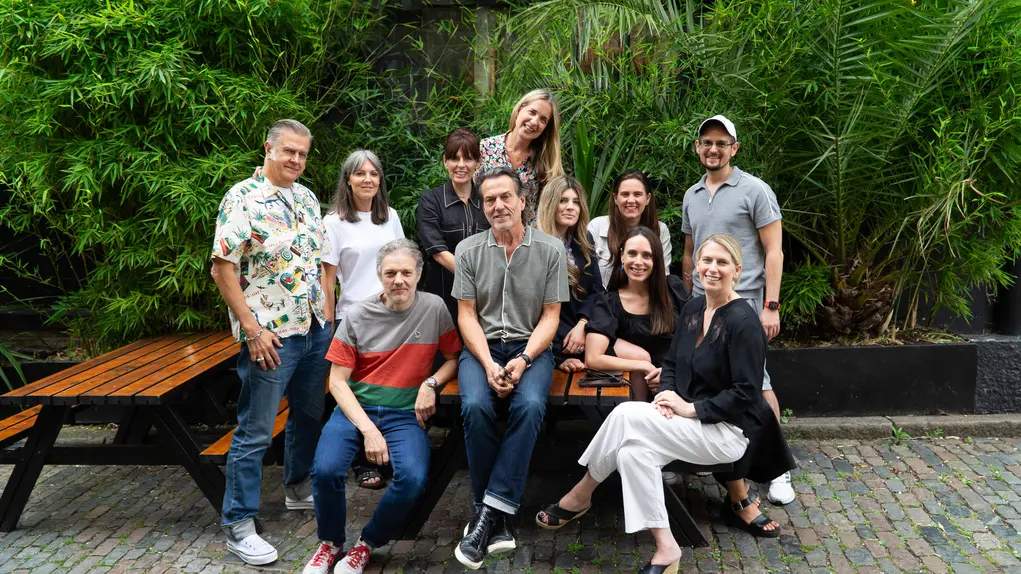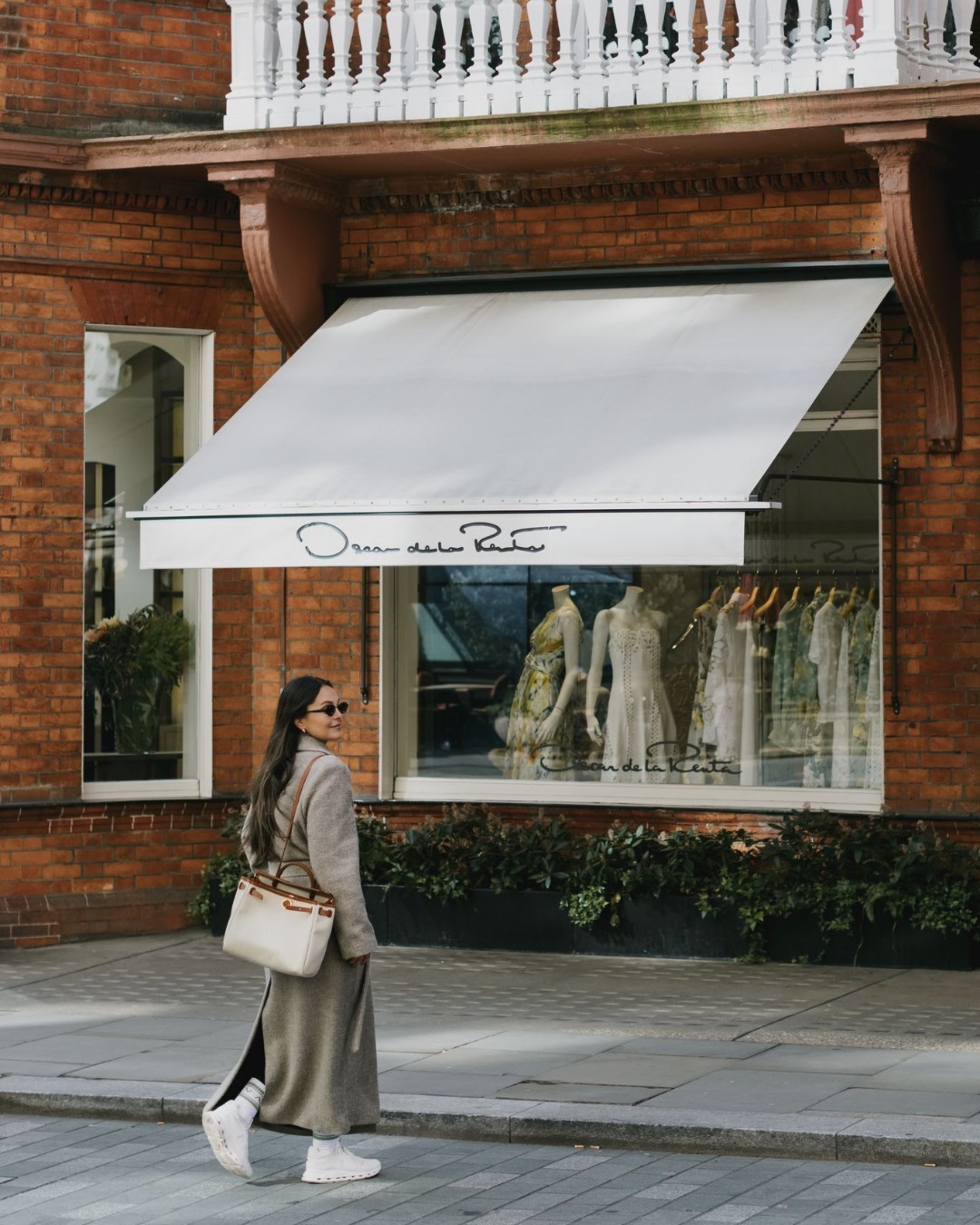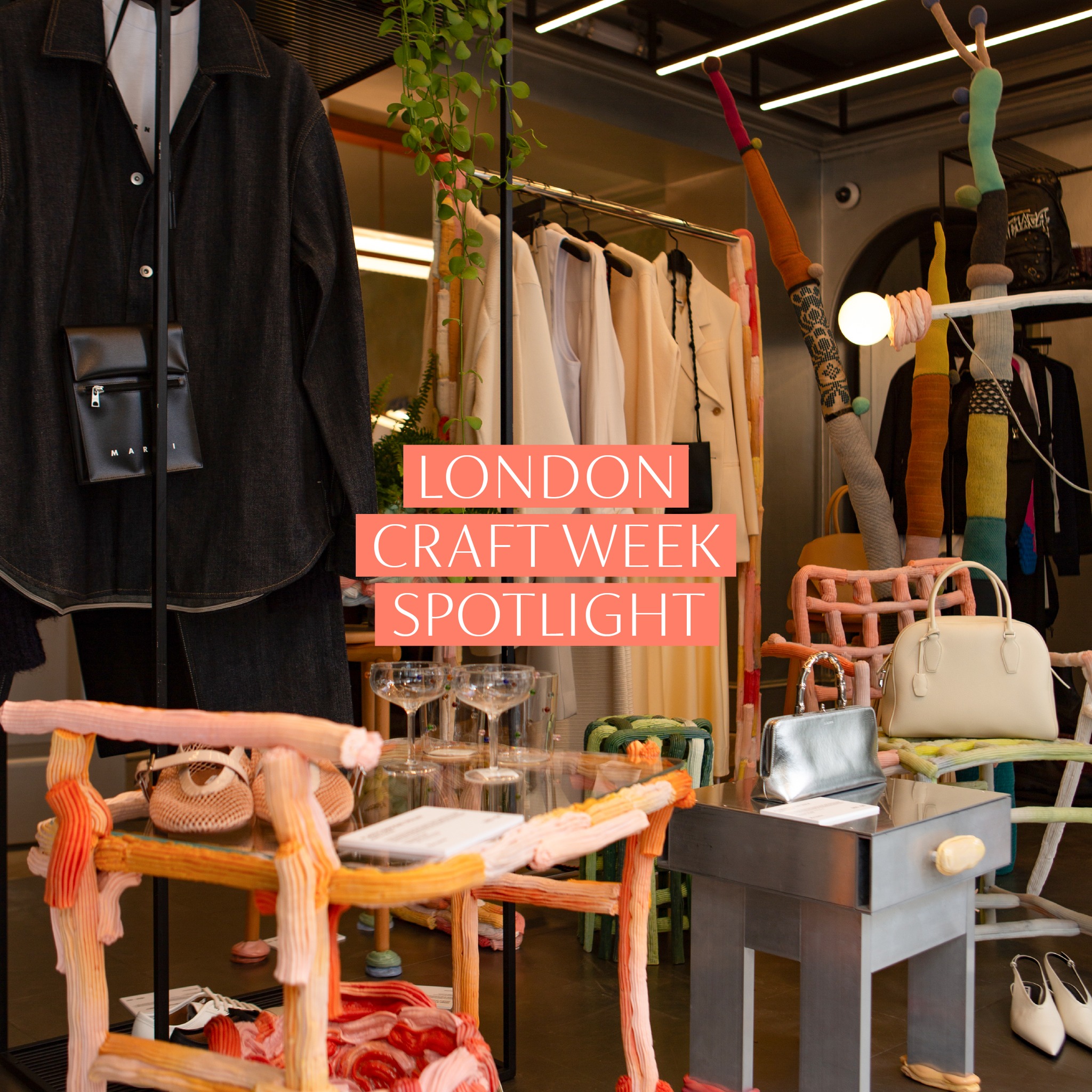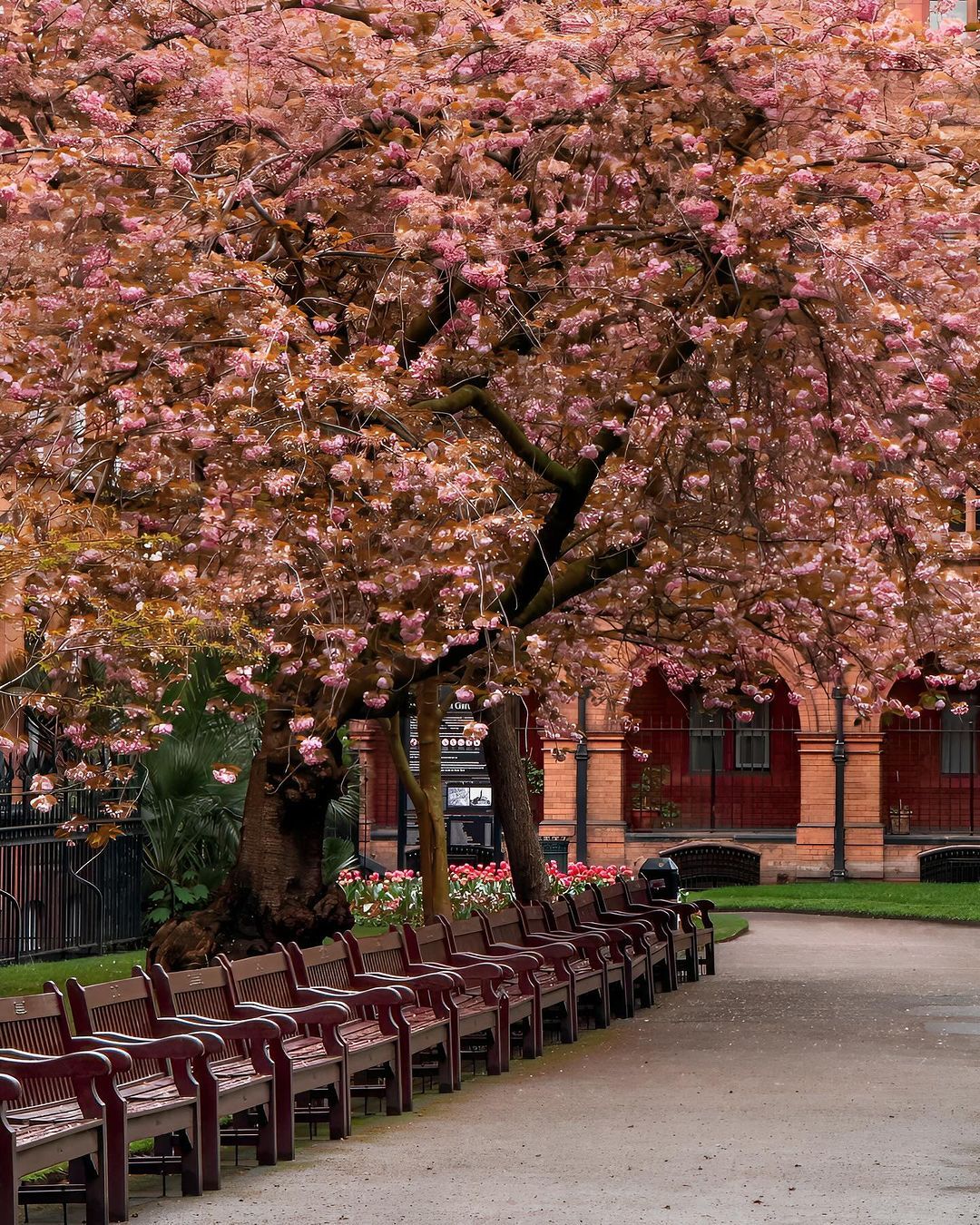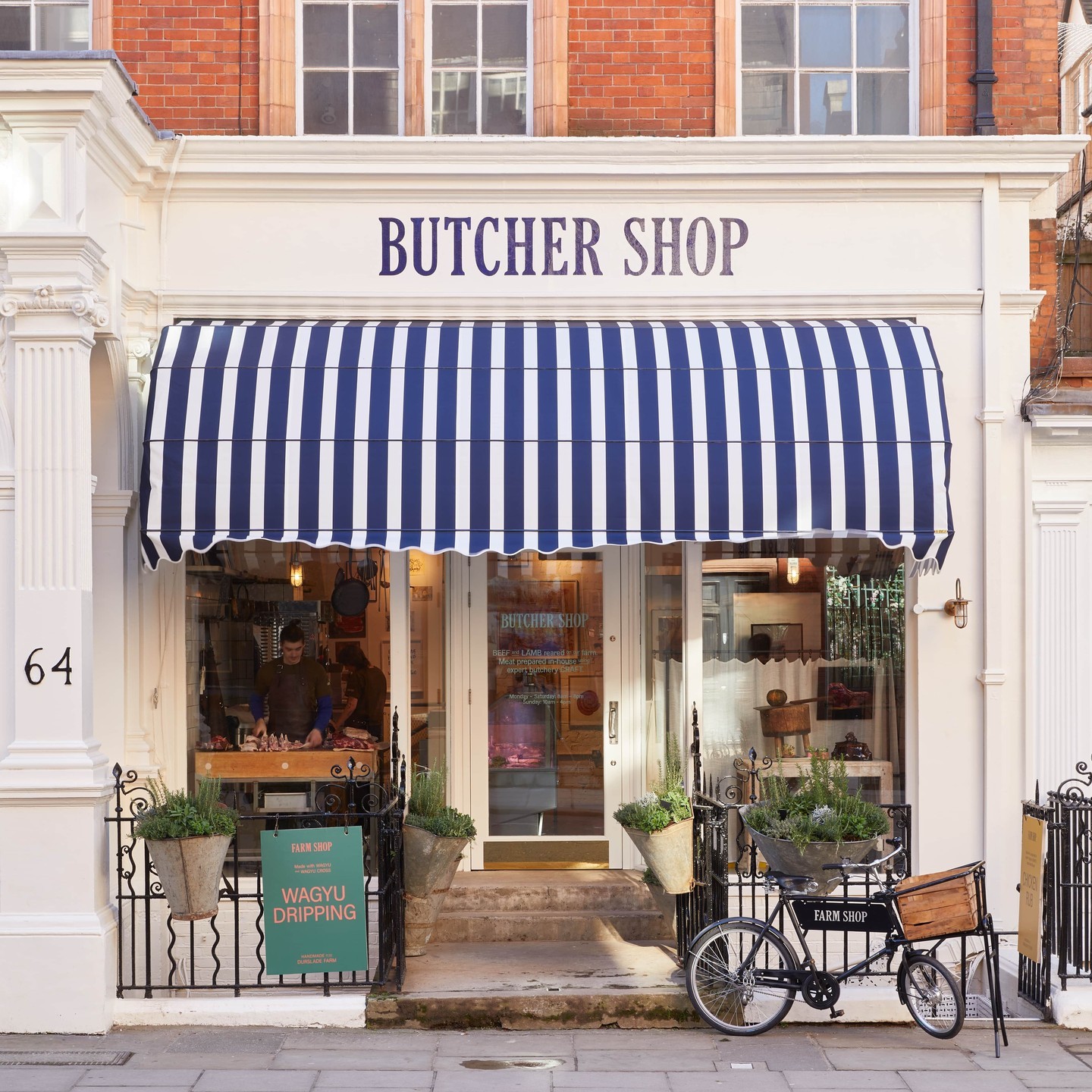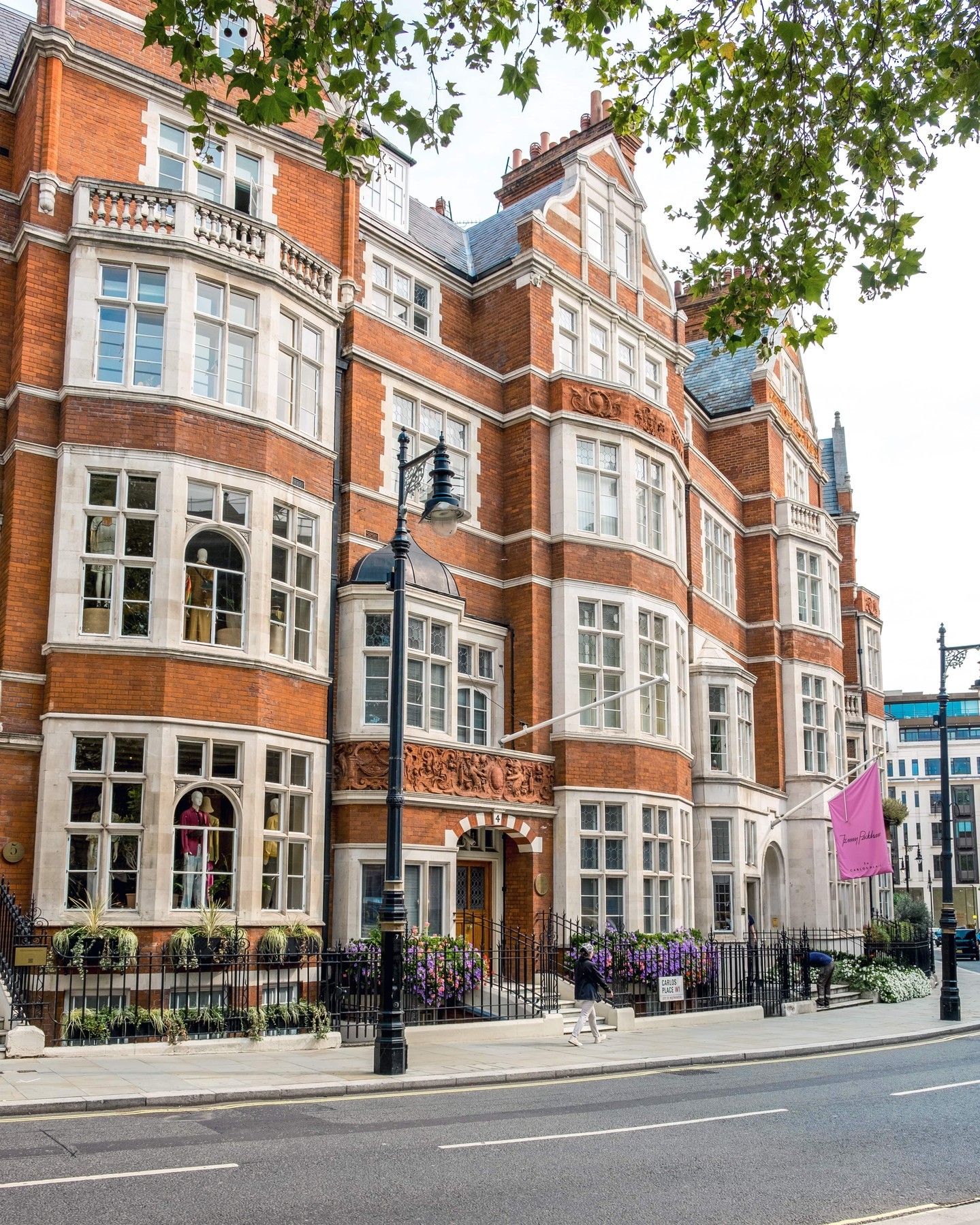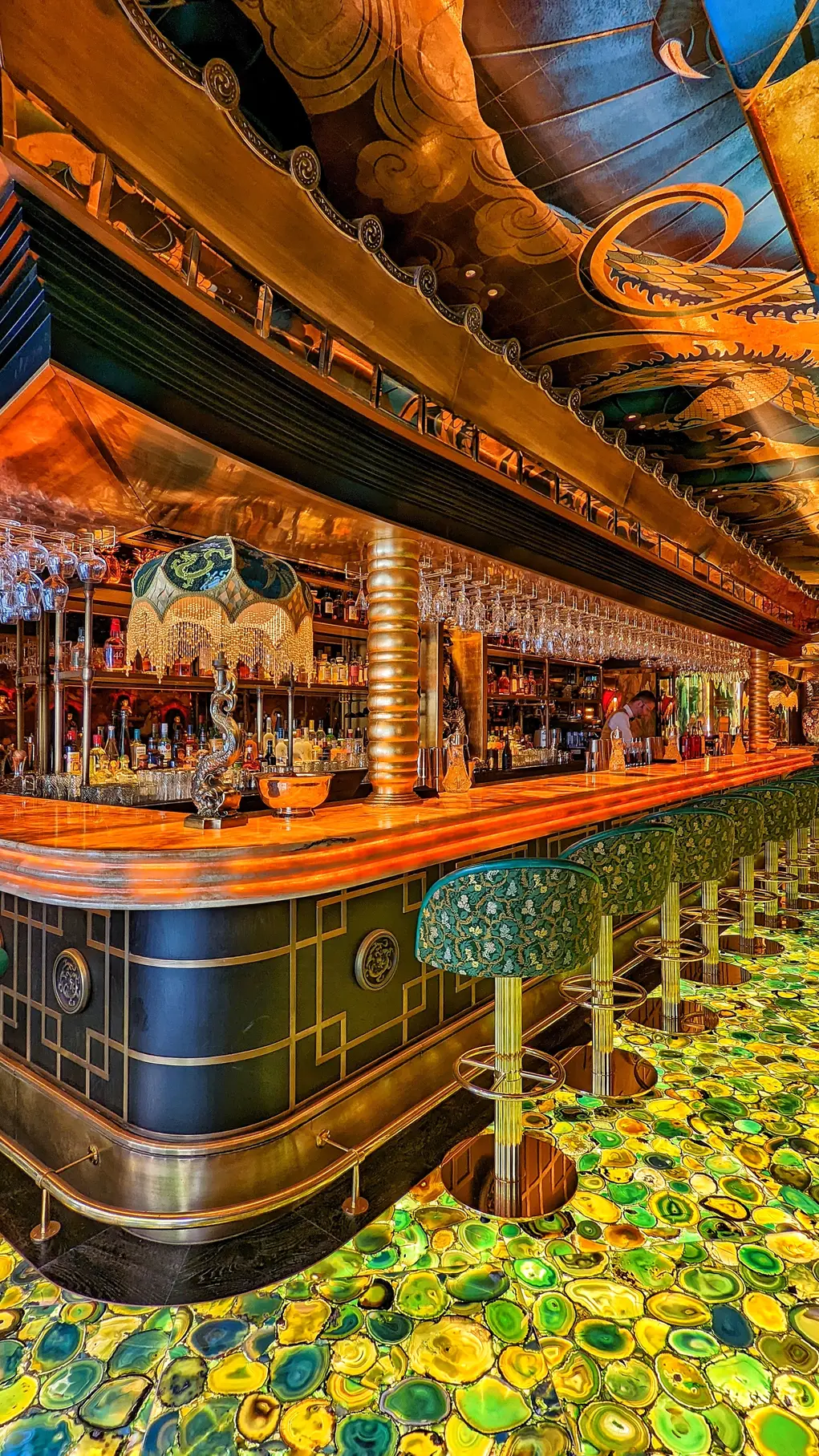Sustainability Conversations: A Q&A with Stephen Webster
by Stephen Webster, MBE – Founder & Creative DirectorWe caught up with Stephen Webster, MBE – Founder & Creative Director to learn more about the brands sustainability journey.
How did your sustainability journey begin?
The first time I became very aware of needing to know where our precious metals and gemstones came from, was when the term ‘conflict diamonds’ started to exist. It really was a turning point for our industry and the start of my journey to know more. I joined Amnesty International and later in 2010, accepted an invitation to visit a gold mine in Peru.
The visit to Peru, was part of an initiative with Solidaridad and Fairtrade. Back then, unlike food, clothing, and furniture whose materials were commonly talked about in the marketplace as being ethically sourced; to have 100% traceability for gold was still a fairly new concept and not widely practiced within the industry. The visit showcased the working conditions and practices of artisanal gold mining communities in Peru, and subsequently how positive change could be made by ‘us’ as consumers choosing to work with Fairtrade/ Fairmined gold.
Since then, our mission towards sustainable business practices has been integrated across all touch points of our business – taking active steps to ensure our sourcing and processes are responsibly considered. I’m incredibly proud of our progress to date and our team’s on-going achievements.
Why is being sustainable so important to Stephen Webster?
For a very long time, we have chosen to be as responsible as possible, with the belief that fine jewellery and homeware should not only be impeccably crafted, but also stand for something.
I believe responsible practices need to matter every brand – it is essential not only to future-proof, but also to leave a more sustainable world for our generations to come.
What have you done so far to make Stephen Webster sustainable?
A key element has been integrating sustainability into our company culture – which has happened very organically. Our internal ‘Green Team’ is voluntary, and currently has 12 members from across all departments. We are a company of 30 - so that is almost half of our employees. Each year, our ‘Green Team’ reviews and sets our goals – these cover initiatives that help to reduce our impact on our environment and support our communities, from our internal teams, suppliers and beyond.
Our team have accomplished so much to date, but our journey is certainly not over and there is still further work to be done.
Annually we release a Sustainability Report on our progress, for those interested to read more – this can found on our website here.
How do you source ethical materials?
When sourcing our materials, we look to identify the furthest upstream source in our vendors supply chain, which can include the mine of origin, producing company, or rough stone trader. In addition, we conduct due diligence with our vendors to understand their supply chains and assess risks.
Furthermore, each of our suppliers commit to our environmental and ethical code of conducts, pledging to treat their workers with respect and dignity. Our policies additionally support labour and human rights, freedom of association, collective bargaining, and mandated minimum wages and benefits, as well as the prevention of forced labour, child labour, human trafficking, involuntary labour, and excessive working hours.
What are your future plans to keep Stephen Webster a sustainable brand?
Never ones to shy away from challenges - we have some ambitious targets for 2023 and beyond.
Our goals cover initiatives stretch across climate action and biodiversity, working more closely with our suppliers and striving for greater transparency of source. To investing in giving back to aligned charities and local communities, as well as, continuing to offer a workplace that is committed to the health and wellbeing of our employees.
Learn more about Stephen Webster and his sustainability initiatives.
